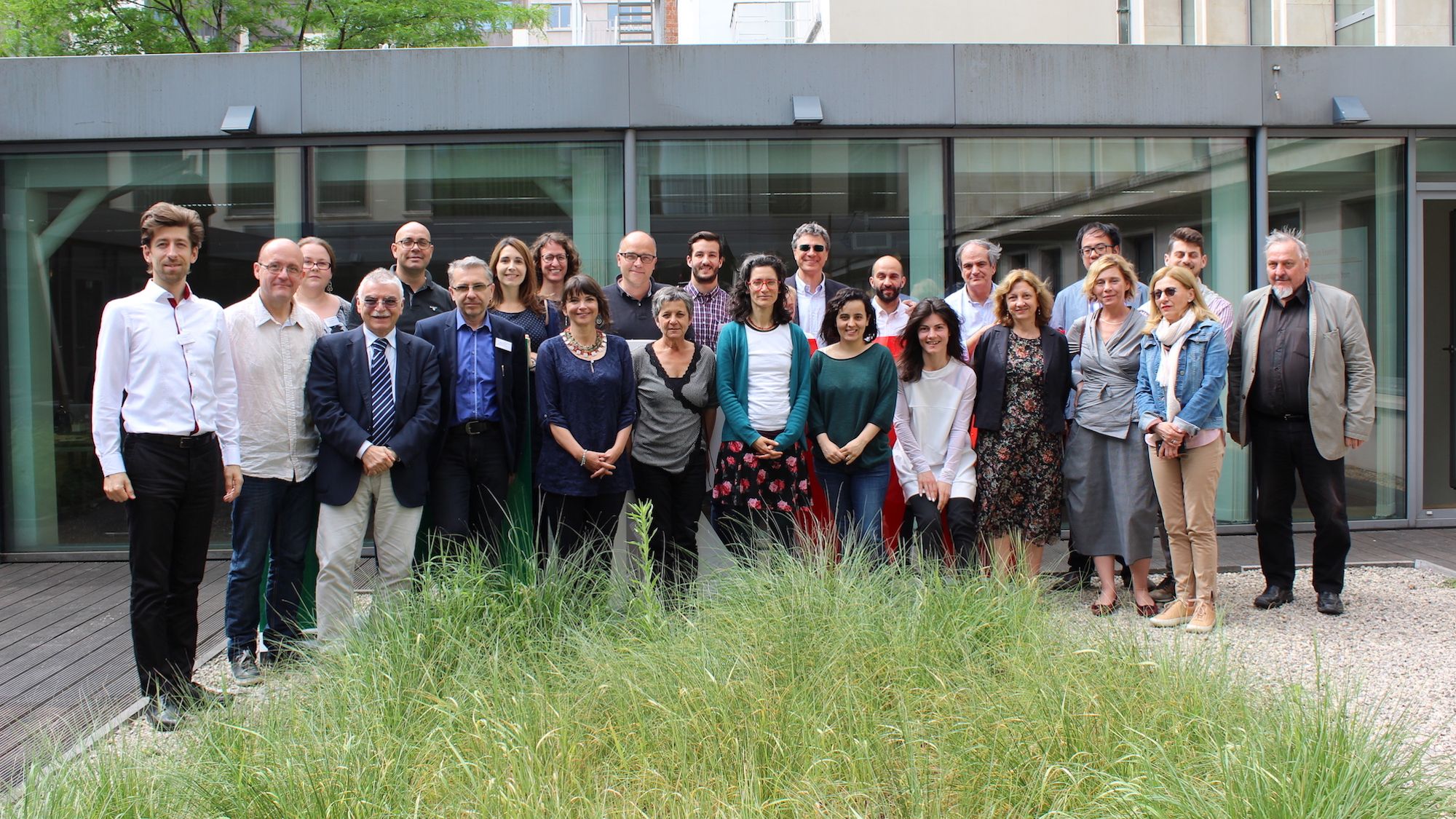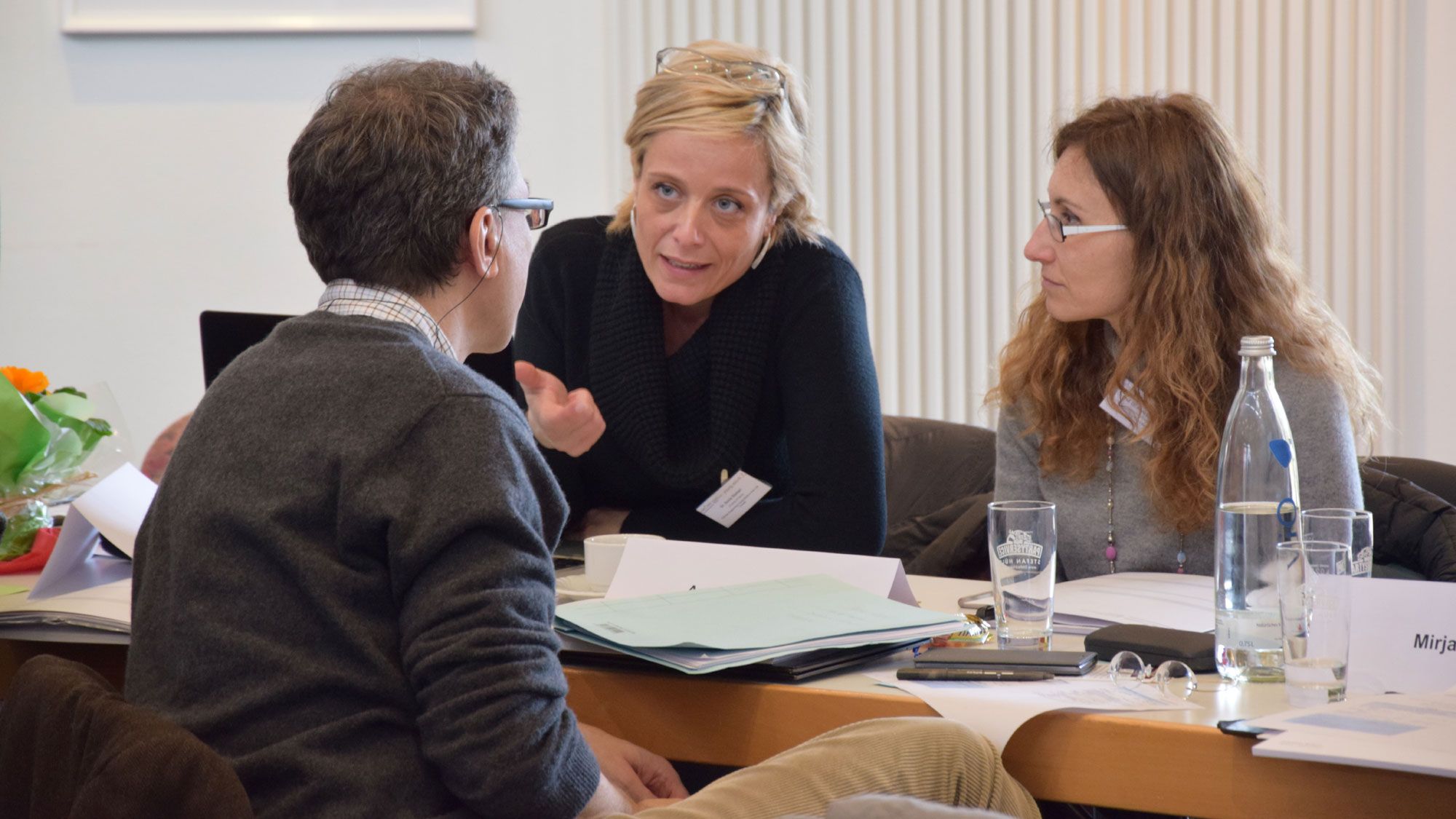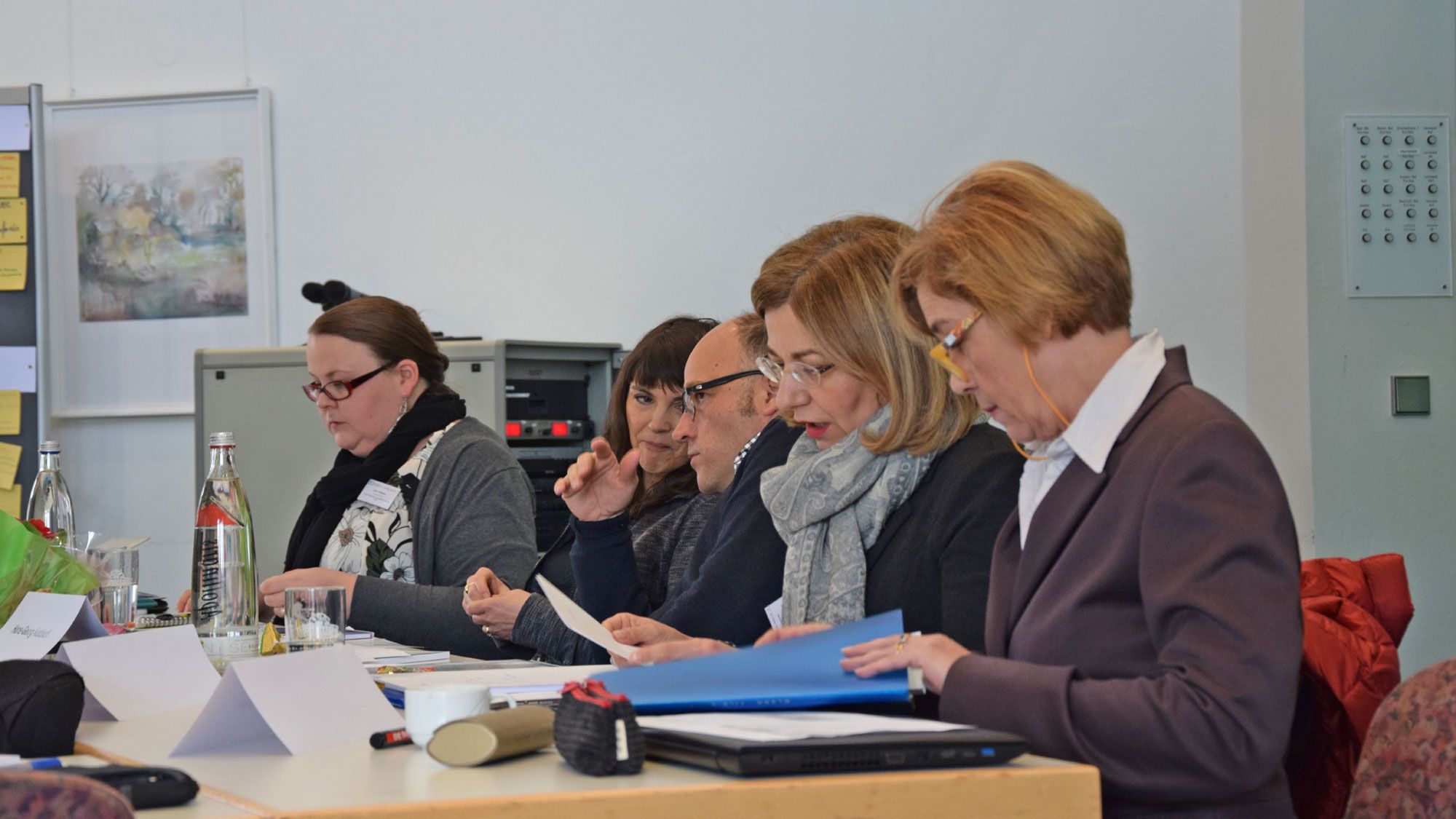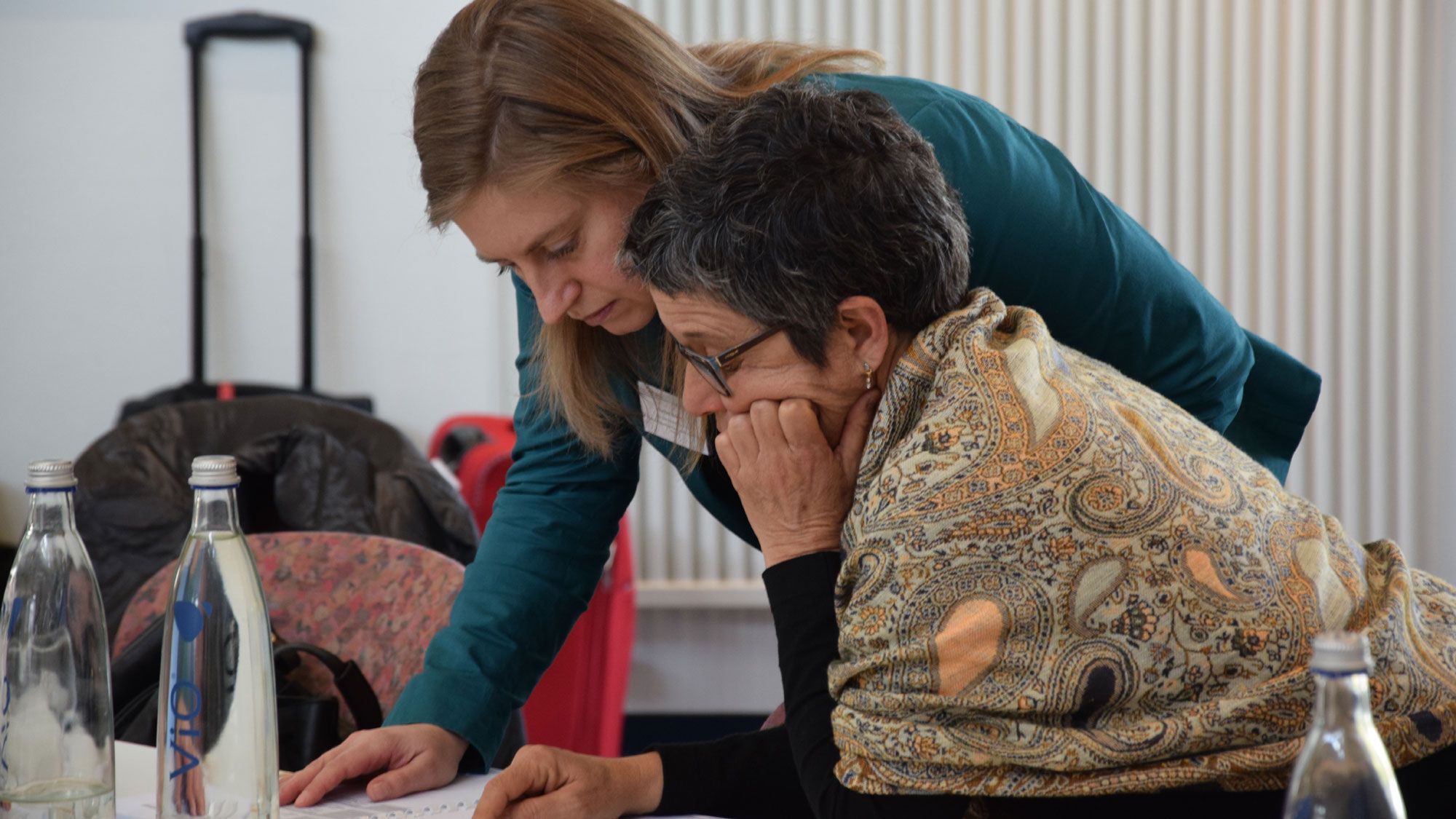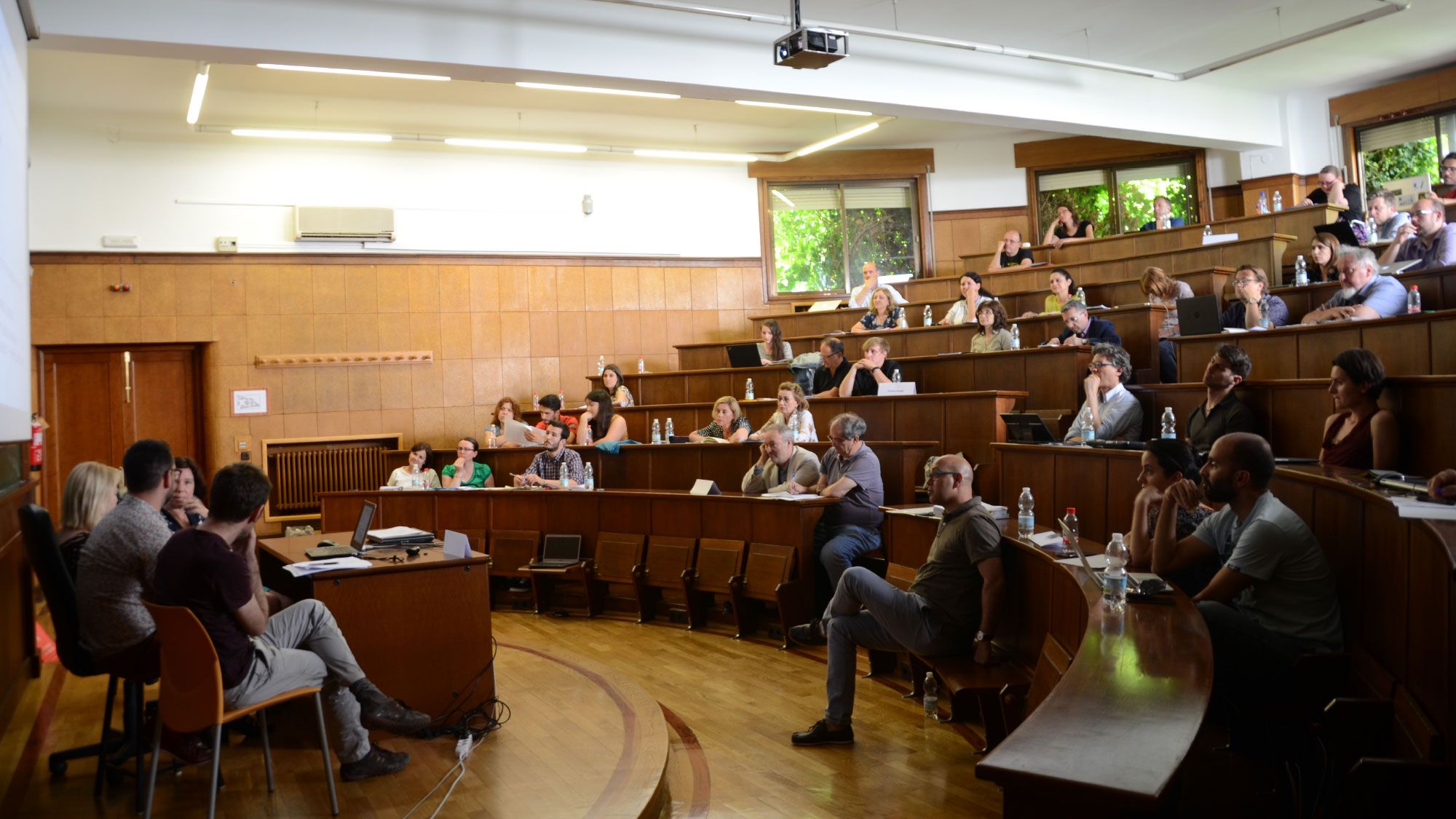Deviance and Conformity
“Deviance” is a concept that describes an non-conformity to social norms, values and civic expectations, while the “deviant” is someone whose behaviour (notably, not attitudes or beliefs) departs from established moral standards. Conformity, on the other hand, is achieved by a commitment to dominant social norms, which is often unconscious or unspoken. Conformity can also be ensured by more overt social, political, legal or cultural pressure. Deviance is not necessarily criminal, though the two are often conflated; rather, deviance is any action which conflicts with the values of the dominant social group which defines what is acceptable and what is “normal”. As such, “deviance” is a socially constructed phenomenon. That is, that no act is in itself inherently “deviant”; rather, it is named so by the dominant group if the group norms are countered.
The subjectivity of deviance (and, to a lesser extent, crime) is particularly relevant to young people. Young people make up the population most likely to be accused of deviant, both criminal and non-criminal activities, such as various forms of civic or social protest. They are more likely to be subject to a “culture of control” (Garland, 2002), moral panics, and increased attempts at social control. The classification of populations as ‘outsiders’ in a wide range of practices enables the association of those populations with deviancy and crime, and the social abjection of those populations, across a range of sites and signification practices.
The concepts of deviance and conformity are particularly relevant to the life course perspective of Young-Adulllt project since they show how normality and deviance are socially constructed according to the values of the dominant social groups and also how young people’s perceptions and aspirations might differ from those of the policy makers, youth workers and older generations.
References
Becker, H. (1963). Outsiders: Studies In The Sociology Of Deviance, New York: Free Press.
Garland, D. (2002). The culture of control: Crime and social order in contemporary society, Oxford: OUP.
Goode, E., Ben-Yehuda, N. & Goode, B.-Y. (2009). Moral Panics: The Social Construction of Deviance, 2nd edn. Malden, MA: Wiley-Blackwell.
Hall, S. (2012). Theorizing Crime and Deviance: A New Perspective, United Kingdom: SAGE Publications.
This entry is a shortened version of the one in the Partispace Glossary: https://onedrive.live.com/view.aspx?resid=24F9166B1DBFF999!4975&ithint=file%2cdocx&app=Word&authkey=!AK6eB5g9ANVubVs
(Siyka Kovacheva)





